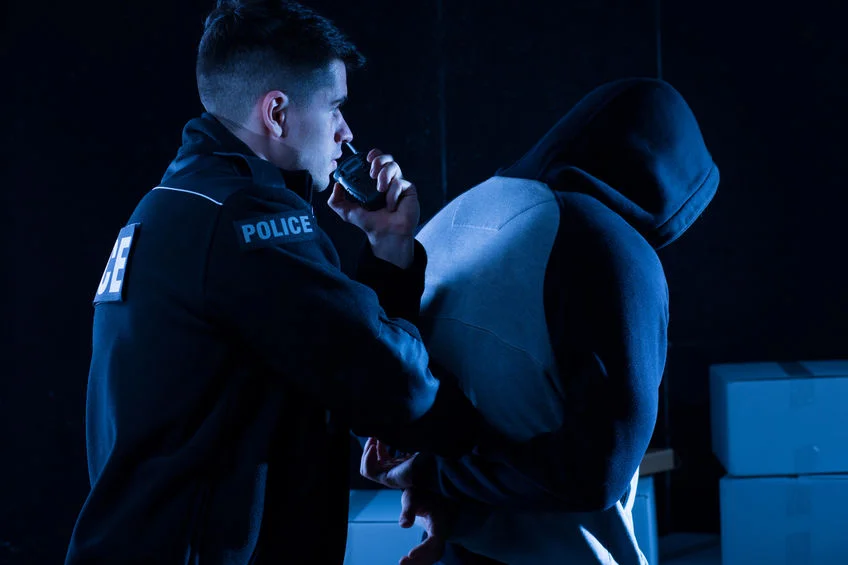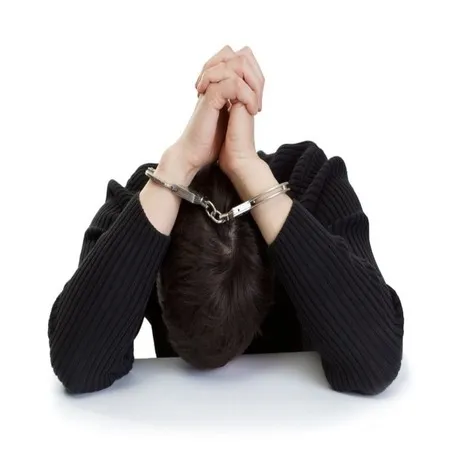How to Handle a False Allegation of Sex Crimes

How to Handle a False Allegation of Sex Crimes
Being wrongfully accused of sex crimes may be very upsetting and challenging. It’s crucial to approach it cautiously and obtain legal counsel from an experienced criminal defense attorney. Here are some actions to consider if faced with a sex crime allegation.
- Don’t dismiss the allegations just because they are untrue.
It may be easy to dismiss the accusations since you are confident in your innocence, but this is never the wisest course of action. Sexual offenses can have serious, long-lasting repercussions. It would be best to defend yourself when you proactively become aware of the allegations.
- Hire a defense attorney immediately
As soon as you learn you have been accused of a sex-related offense, contact a criminal defense lawyer focusing on sexual assault claims. You should retain a lawyer with experience taking on cases of this nature, just as you would if you were seeking medical advice from a professional. You should also choose a lawyer who thoroughly considers the case’s circumstances and does not promise a quick result. Be truthful with the attorney before disclosing what happened to anybody else, including the police.
- Don’t try to defend yourself
It’s only reasonable to want to explain how you interpret the circumstances that may have given rise to the charge. You must refrain from calling the accuser to “get to the bottom” of the claim or offer an explanation for what transpired.
Everything you say can be used against you after you are charged. This covers any discussions you have with the accuser, interactions with friends, and posts you make on social media. Until the dispute is resolved, only communicate with the person who has accused you through your lawyer.
- Inform your lawyer of all supporting evidence
These days, there are cameras almost everywhere. Tell your attorney if you are aware of a video system near the claimed assault. This is frequently helpful because it could support how you remember the events. Be sure to give your lawyer any images that were taken on the disputed night that can support your case.
Remember that you must only provide your attorney with the evidence you have or are aware of; it must not be revealed to friends or family or provided to the police. Once the police have confirmed the accuracy of the material, your attorney will notify the authorities.
In conclusion, you will understandably feel outraged when you are wrongly accused of sexual assault, but controlling your feelings is essential—anything you say or do in public must be watched since it could be used against you. To avoid a confrontation, stay as far away from the accuser and their friends, relatives, or coworkers as possible.






